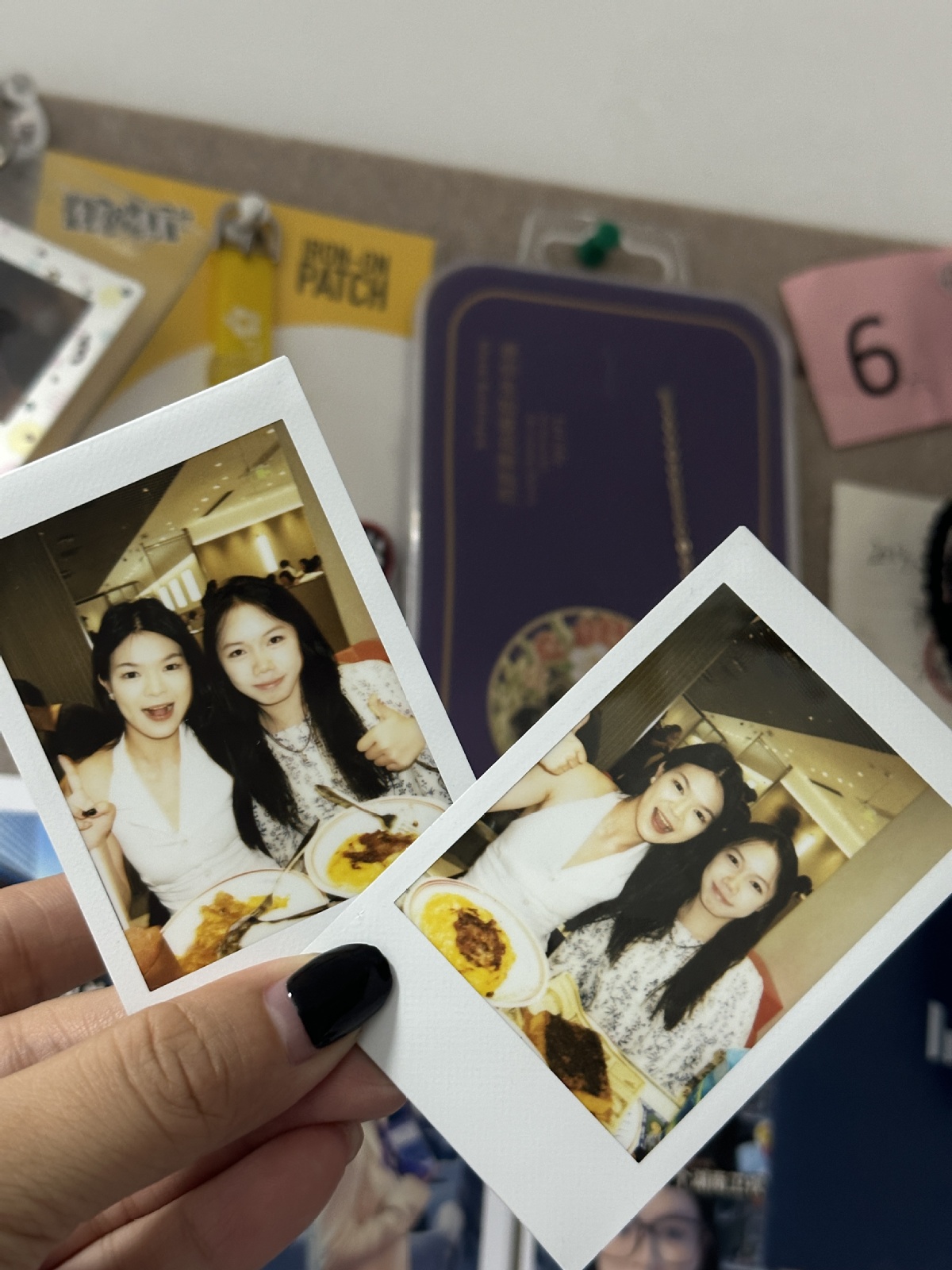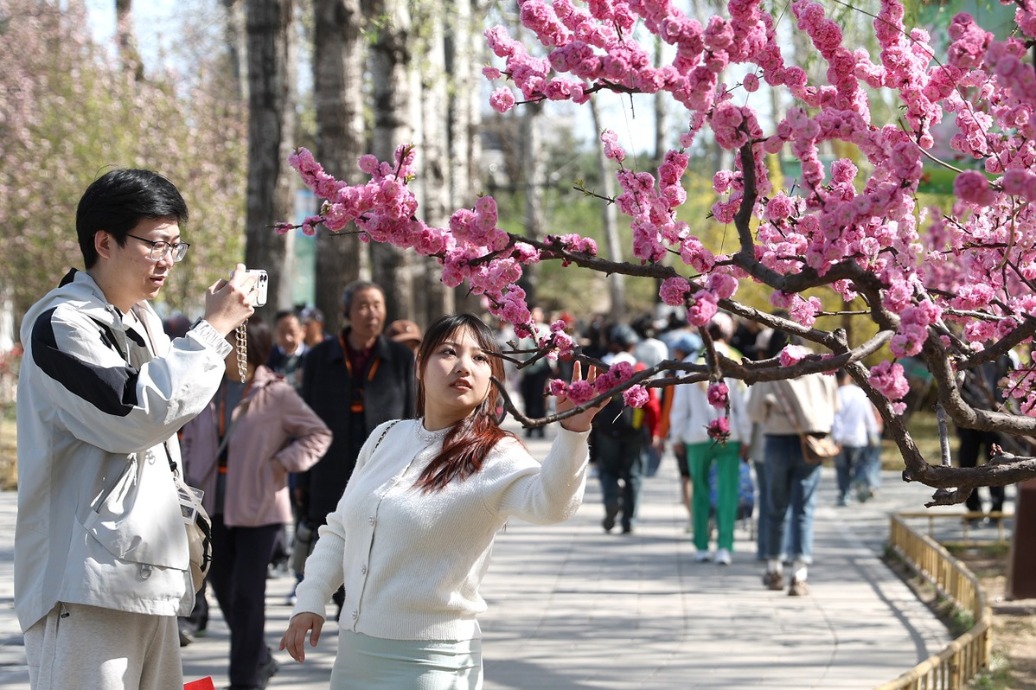Keeping their distance
Younger people ditch emotional attachment in social life for greater independence and convenience


Lyu recalls that when she first started working in Hangzhou, she didn't have a lot of friends. She wanted to attend concerts but didn't have friends to go with. So, she turned to Red Note and found a young woman who liked the same band.
"We didn't need to get to know each other — we just shared the same interest. That was enough to go together. Our relationship stayed at that level, and that was perfectly fine," says Lyu.
While living in Hangzhou, she used the same method to find hiking buddies, photography partners, and even volunteers for community projects. Whether it was a oneday hiking trip or a casual outing, these "social partners" provided companionship without the emotional burden of maintaining deep relationships. This type of connection — a flexible and purpose-driven form of socializing — is becoming increasingly common among young people.
She also noticed a shift in how she perceives emotional connection. In the past, friendship meant going out for meals, shopping together, and sharing experiences. Now, she finds emotional comfort in things like pets, collectibles and online interactions.
"Our parents' generation had to visit people's homes with gifts to maintain relationships. But for us, it's like how online shopping replaced physical stores — social media platforms fulfill our social needs now," she says.
Now, Lyu runs a career-focused account on Red Note, where she shares job advice and helps young women with resume reviews for free. Through this, she met another like-minded young woman who shares her rational approach to discussions.
"We eventually added each other on WeChat, and even though we've never met in person, we've developed a meaningful connection," she says.
Although Lyu still meets up with friends occasionally in Guangzhou, she no longer feels dependent on these interactions.
"Socializing for the sake of socializing feels like a burden — especially with people I don't have a deep emotional connection with," she says. For Lyu, socializing is an option, not a necessity.
In a world where online interactions are more prominent than ever, Lyu represents a growing mindset among young people. They don't reject socializing, but they also don't force intimacy. Whether through online communities, casual activity partners, or shared interests on social platforms, they find meaningful connections in ways that suit their lifestyles.
"Socializing should make you feel comfortable, not stressed," she notes.
The shift toward light socializing isn't just about preference — it's also a response to modern societal pressures. Dong Chenyu, an associate professor at Renmin University of China specialized in social media research, explains that young people today are navigating highly competitive environments.
"The pace of life is faster, and socializing has adapted to fit these demands," he says. "It's not necessarily a bad thing — it's just different from traditional expectations."
While older generations maintained structured, close-knit friendships, younger people favor digital connections that provide flexibility without heavy emotional investment. However, Dong warns that overreliance on light socializing can contribute to feelings of loneliness.
"People may find themselves surrounded by acquaintances but lacking deep emotional support," he explains. "There's a risk of mistaking digital engagement for true connection."
That said, he doesn't see light socializing as inherently negative. "It's a way of adapting to the digital age. Young people aren't rejecting deeper relationships — they're just prioritizing different types of connections.
"Light socializing is neither entirely good nor bad — it's a reflection of how relationships are evolving in a digital-first world. For some, it offers freedom from social obligations. For others, it risks diluting the depth of human connection," Dong says.





































